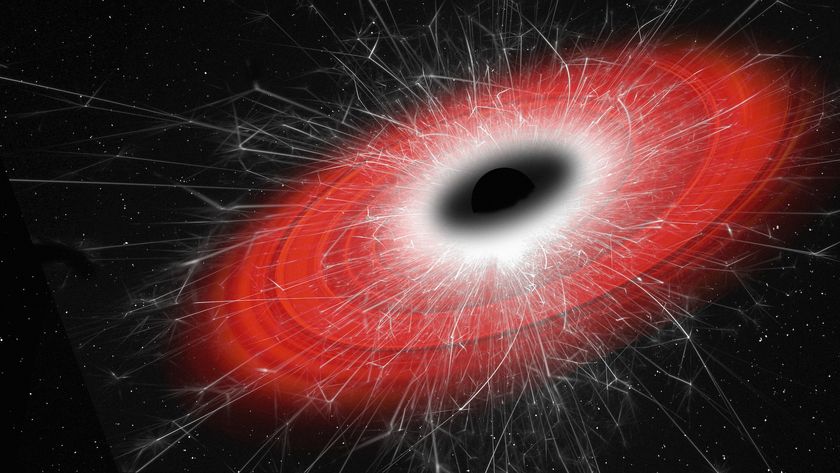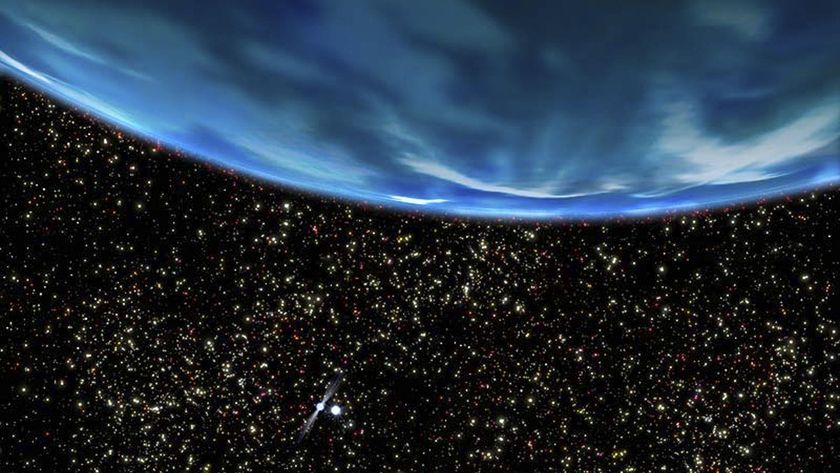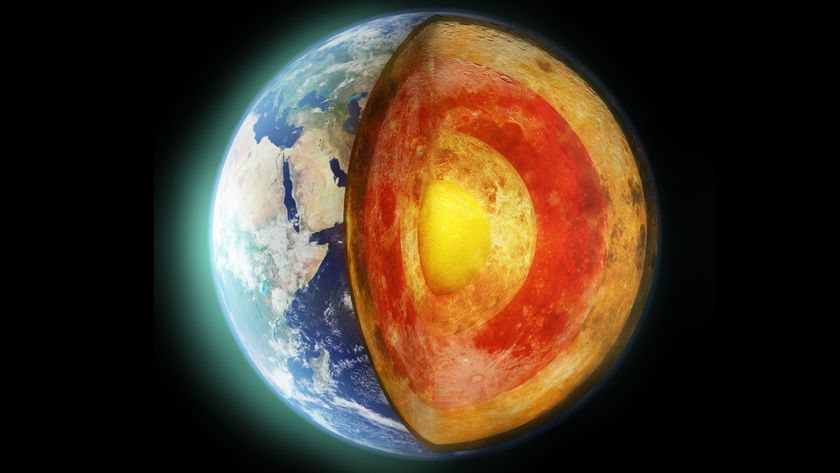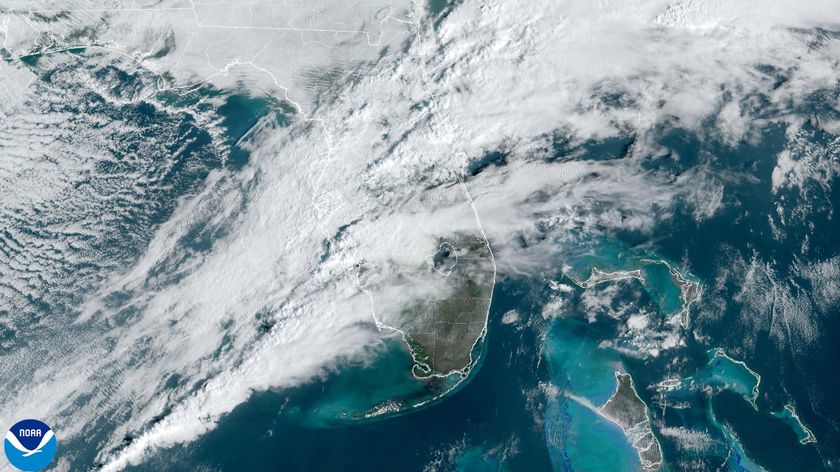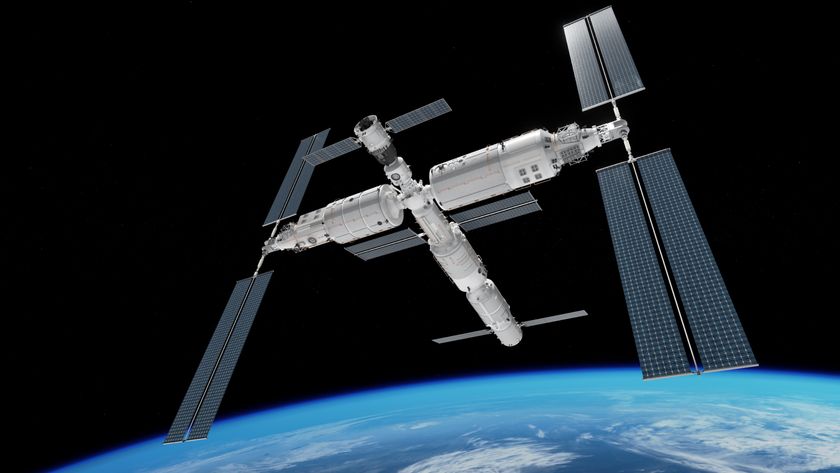
What If There Were No Cockroaches?
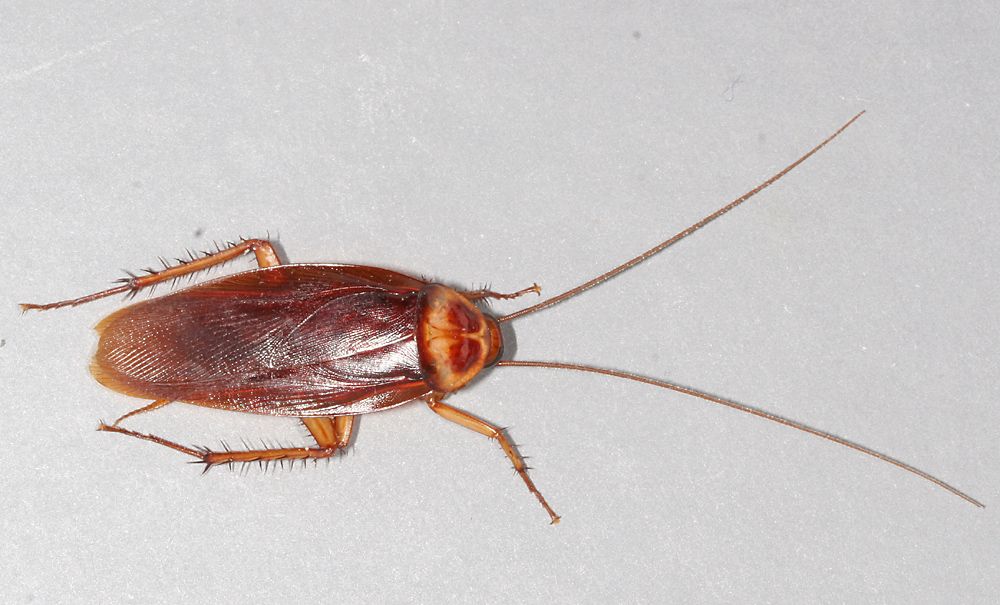
In this weekly series, Life's Little Mysteries provides expert answers to challenging questions.
The sight of a cockroach makes just about every American shudder. We fear a roach infestation inside the walls. We fear that our house is dirty enough to sustain them. We fear that a cockroach might scurry across our faces at night, or, under cover of darkness, eat flecks of toothpaste off our toothbrushes.
These fears drive us to kill, kill, kill, and wish death upon the whole genus. But what if — through some means more effective than a nuclear bomb — cockroaches really were wiped out? Could we then rest easy? Or do we, in fact, somehow need these monstrous vermin?
We put the question to Srini Kambhampati, professor and chair of the biology department at the University of Texas at Tyler, and a world expert on cockroaches. Turns out, the sudden disappearance of Earth's 5,000 to 10,000 cockroach species would have ramifications far beyond your filthy apartment. [Chocolate Allergies Linked to Cockroach Parts]
Worldwide, the insects are a significant food source for many birds and small insectivorous mammals, such as mice and rats. (Even humans eat them in some parts of the world.) None of these animals rely solely on cockroaches for food, Kambhampati said, so they probably wouldn't go extinct, but their numbers would drop. Parasitic wasps, which specialize in parasitizing cockroach eggs, do rely entirely on the cockroach. "These would almost certainly become extinct," Kambhampati told Life's Little Mysteries.
If you can't get very worked up about a dent in the rat population or the extinction of something called a parasitic wasp, consider this: A dearth of mice and rats would, in turn, impact the species that prey on them, including cats (both wild and domestic), coyotes, wolves and many reptiles, as well as eagles and other birds of prey. Many of those animals, we're quite fond of.
Furthermore, the disappearance of cockroaches would mess with something truly vital for us all, called the nitrogen cycle.
Sign up for the Live Science daily newsletter now
Get the world’s most fascinating discoveries delivered straight to your inbox.
"Most cockroaches feed on decaying organic matter, which traps a lot of nitrogen," Kambhampati said. "Cockroach feeding has the effect of releasing that nitrogen (in their feces) which then gets into the soil and is used by plants. In other words, extinction of cockroaches would have a big impact on forest health and therefore indirectly on all the species that live there."
In short, we really, really need cockroach poop.
Follow Natalie Wolchover on Twitter @nattyover. Follow Life's Little Mysteries on Twitter @llmysteries, then join us on Facebook.
Natalie Wolchover was a staff writer for Live Science from 2010 to 2012 and is currently a senior physics writer and editor for Quanta Magazine. She holds a bachelor's degree in physics from Tufts University and has studied physics at the University of California, Berkeley. Along with the staff of Quanta, Wolchover won the 2022 Pulitzer Prize for explanatory writing for her work on the building of the James Webb Space Telescope. Her work has also appeared in the The Best American Science and Nature Writing and The Best Writing on Mathematics, Nature, The New Yorker and Popular Science. She was the 2016 winner of the Evert Clark/Seth Payne Award, an annual prize for young science journalists, as well as the winner of the 2017 Science Communication Award for the American Institute of Physics.

